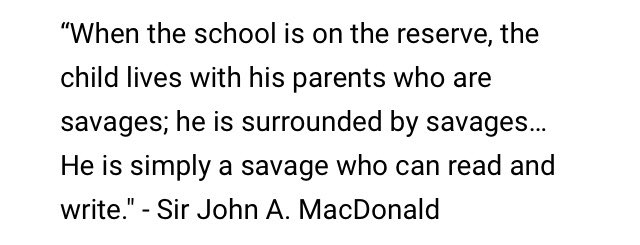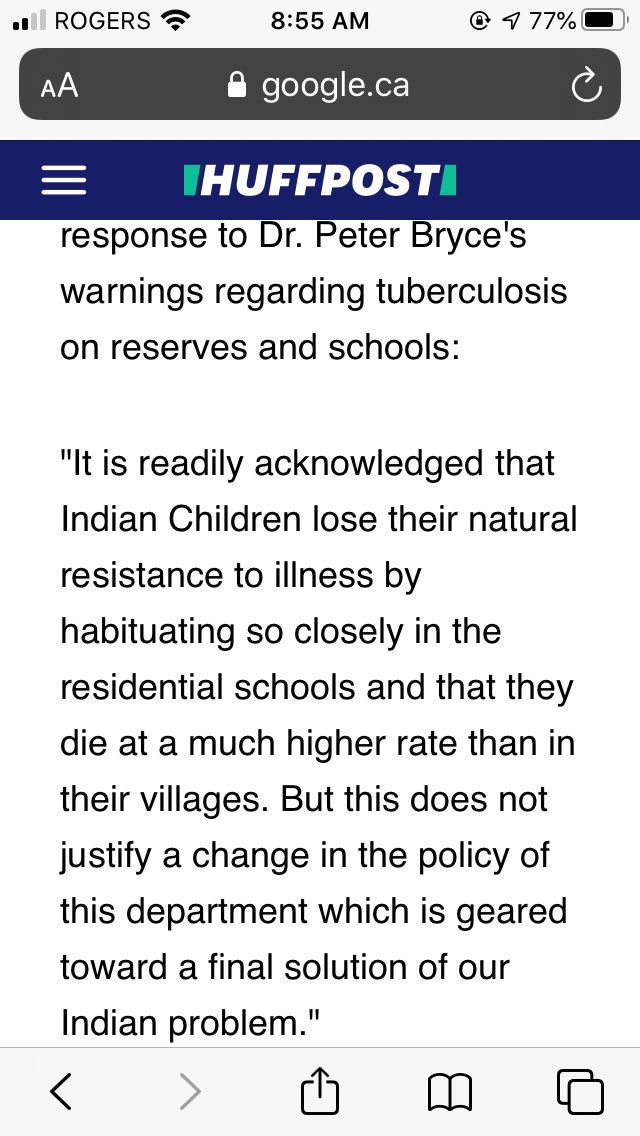
Hey #MedTwitter: I've been seeing lots of tweets of docs and trainees pledging to fight anti-Black racism which is amazing. As non-Black MDs, I thought it may be worth thinking through some practical things we can all do. I'd love for others to add. #BlackLivesMatter #meded /1
1. Support Black trainees and colleagues if you see them experience racism. This is super common in their daily lives, and if you witness it, it's really important to check in to validate and figure out how best to support. They may or may not want to pursue 'action'. /2 #meded
2. Demonstrate to Black trainees and colleagues that you have their back. This can mean checking in on folks when terrible tragedies occur like the recent events, acknowledging that they may need time/space, and again asking how/if you can support. /3 #BlackLivesMatter
3. Push for anti-racist policies at your workplace. This means hiring policies that explicitly prioritize underrepresented groups in public postings to attract candidates, and in the selection process. /4 #BlackLivesMatter
4. It means advocating for anti-racism, cultural safety and anti-oppression training for faculty, staff and learners. And to have explicit conversations around how to create an anti-racist workplace and care space for patients. /5 #Medtwitter
Unfortunately, when Black folks raise these issues themselves, it is often received poorly and seen as self-interested. We must both create spaces where they can raise these demands themselves, and also strongly ally in calling for them ourselves. /6 #BlackLivesMatter
5. Encourage your colleagues and teams to learn more about Canada's history of anti-Black racism. Great places to turn: Colour Code Podcast (Globe and Mail), Policing Black Lives (Robyn Maynard), The Skin We're In (Desmond Cole). /7 #BlackLivesMatter
Resources about anti-Black racism and the history of race and whiteness more broadly: So You Want to Talk About Race (Ijeoma Oluo), White Fragility (Robin D'Angelo), How to Be An Antiracist (Ibram X Kendi), Scene On Radio podcast series Whiteness. /8 #BlackLivesMatter
6. Think intentionally about how well you're serving Black communities and patients in your health space. Many Black folks experience racism in their healthcare. Reflect on your own interactions with Black patients and how you may unintentionally label or judge. /9 #meded
7. Talk to your non-Black friends, colleagues and family members about why it is important to you to be anti-racist. Educate yourself and then spread the knowledge about how systemic racism works and keeps Black people down in this society and many others. /10 #BlackLivesMatter
8. Think hard about the ways in which your Black patients interact with institutions and how this impacts them. Advocate for your patients if they experience racism at the hands of police, prisons, child welfare, hospitals, schools. This happens all too often. /11 #sdoh
9. Keep pushing yourself to act. Whether you like it or not, non-Black people in Canada benefit from the structural oppression of Black people. As Ibram X Kendi so eloquently puts it, the opposite of racist isn’t “not racist”, it’s “Anti-racist.” How can you be more anti-racist?
10. Support the Black community in their demands to end police brutality and tackle systemic racism. Donate to Black Lives Matter and other organizations doing this work. /13
I welcome suggestions from non-Black folks on what we can do better and from Black folks about what you’d like to see us do to better support you.
11. DO NOT respond to Black people raising issues of racism with defensiveness. Racism is about how we've all been socialized to think, feel and act. We have to take feedback or hear the experiences people share as a gift. (Thx @MrAhmednurAli for this one). /14
• • •
Missing some Tweet in this thread? You can try to
force a refresh





